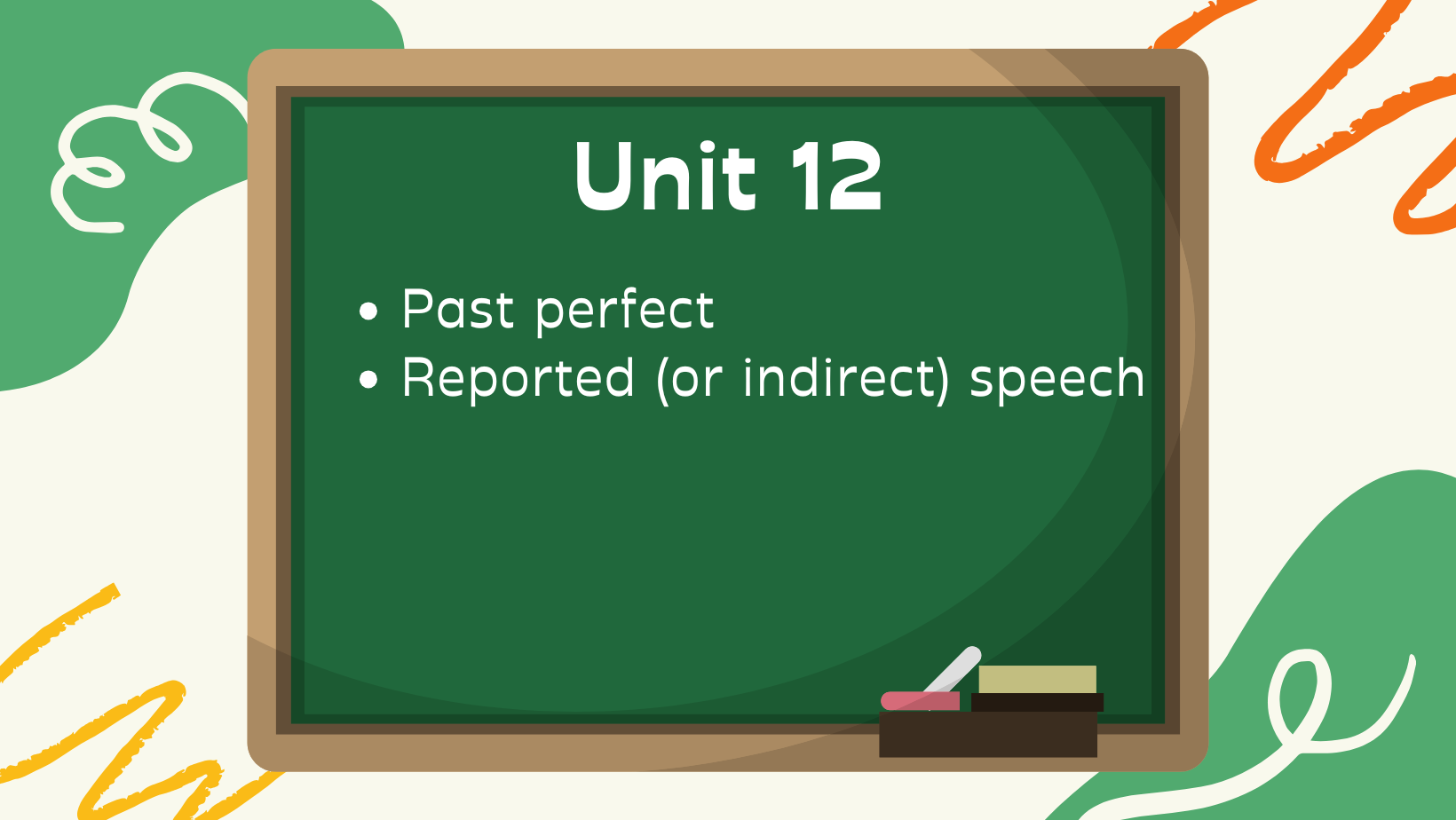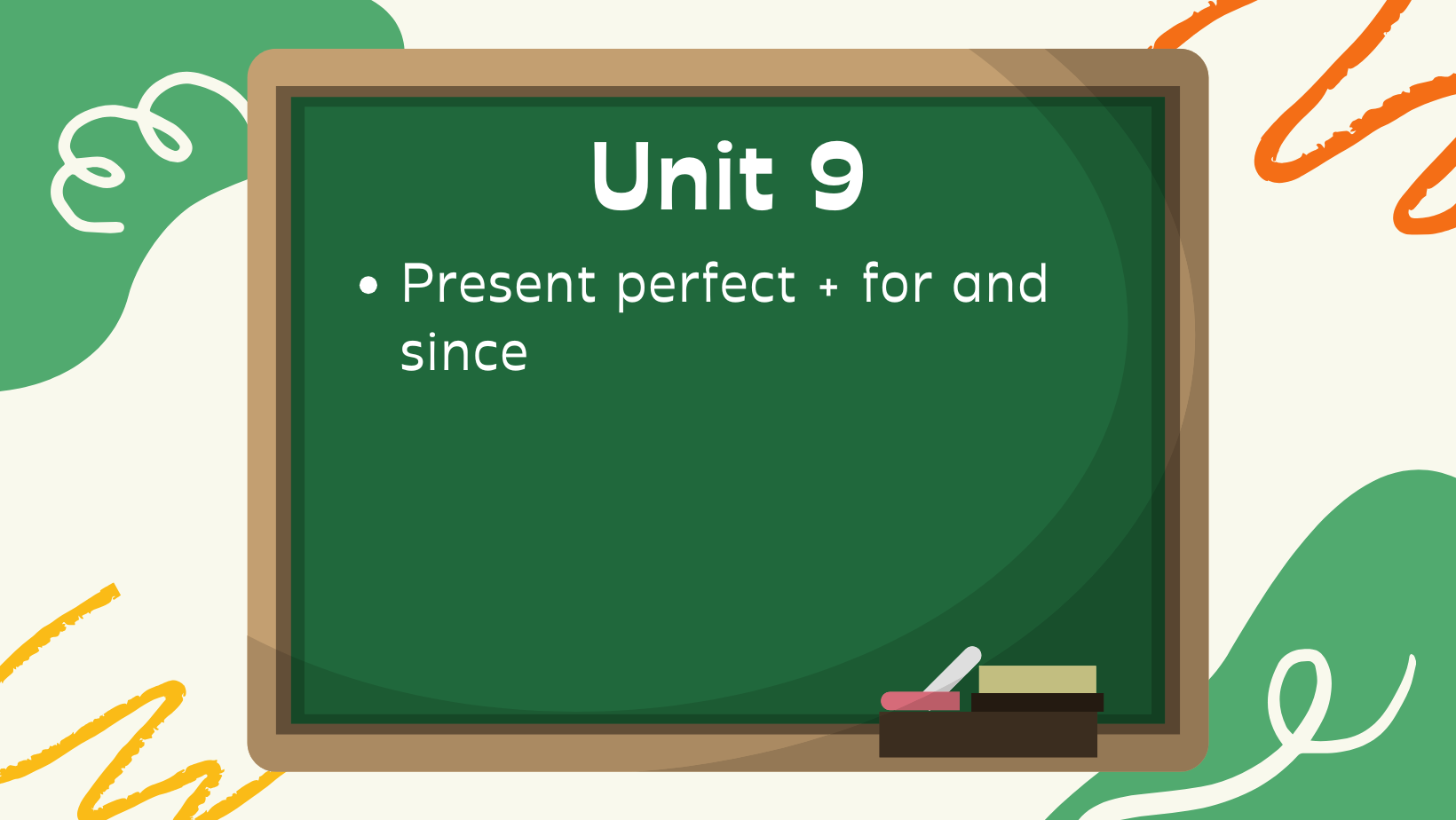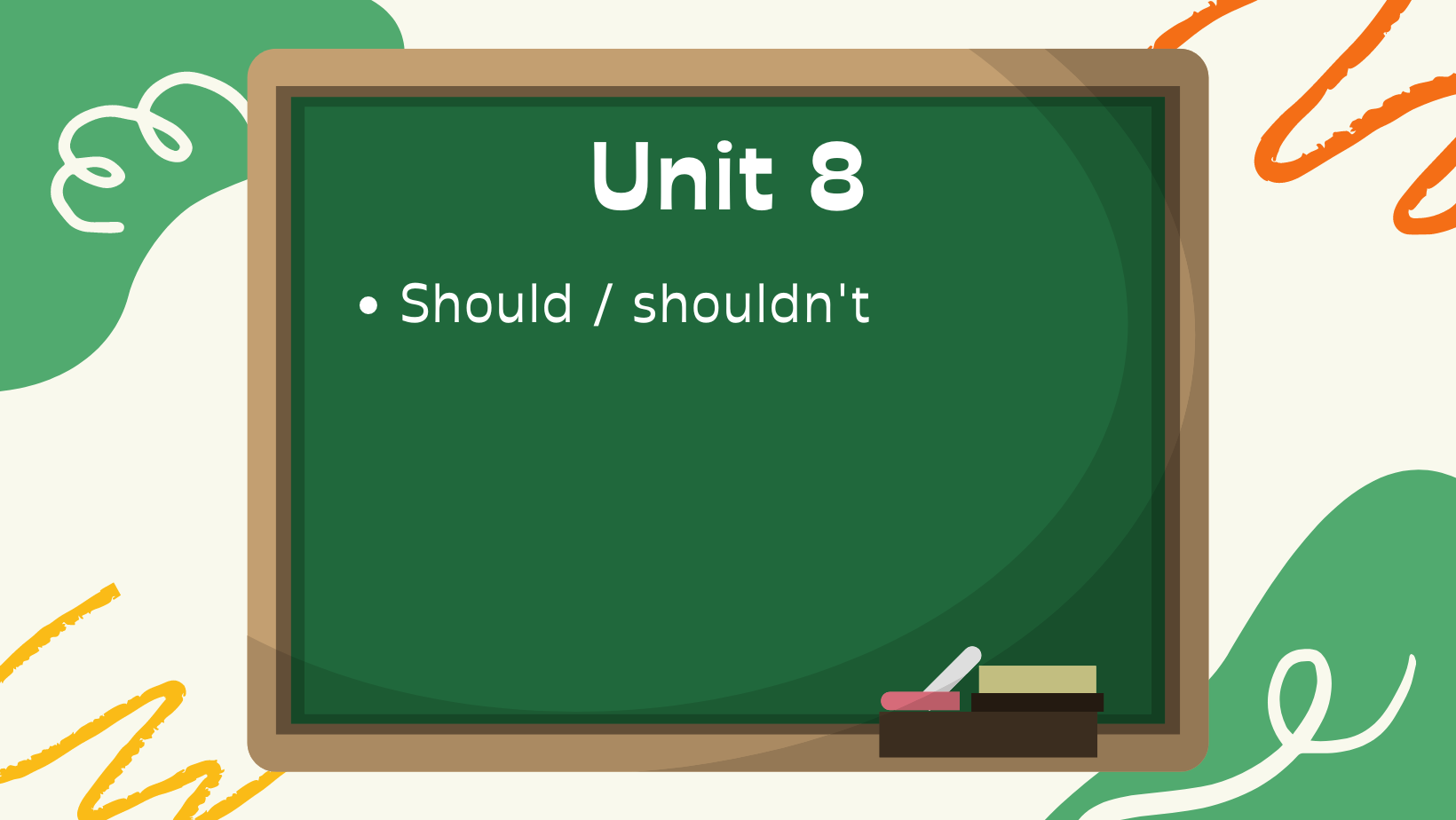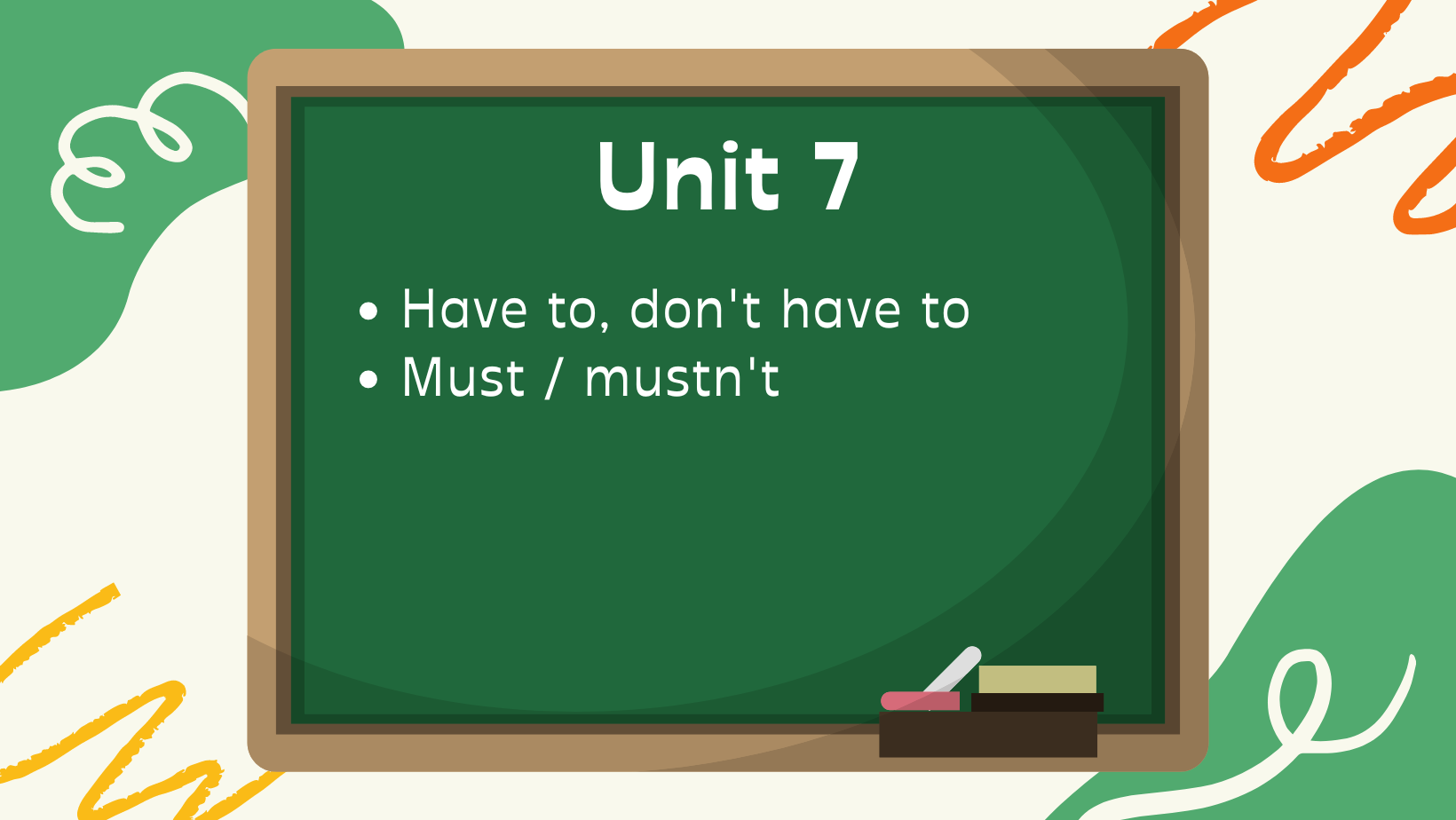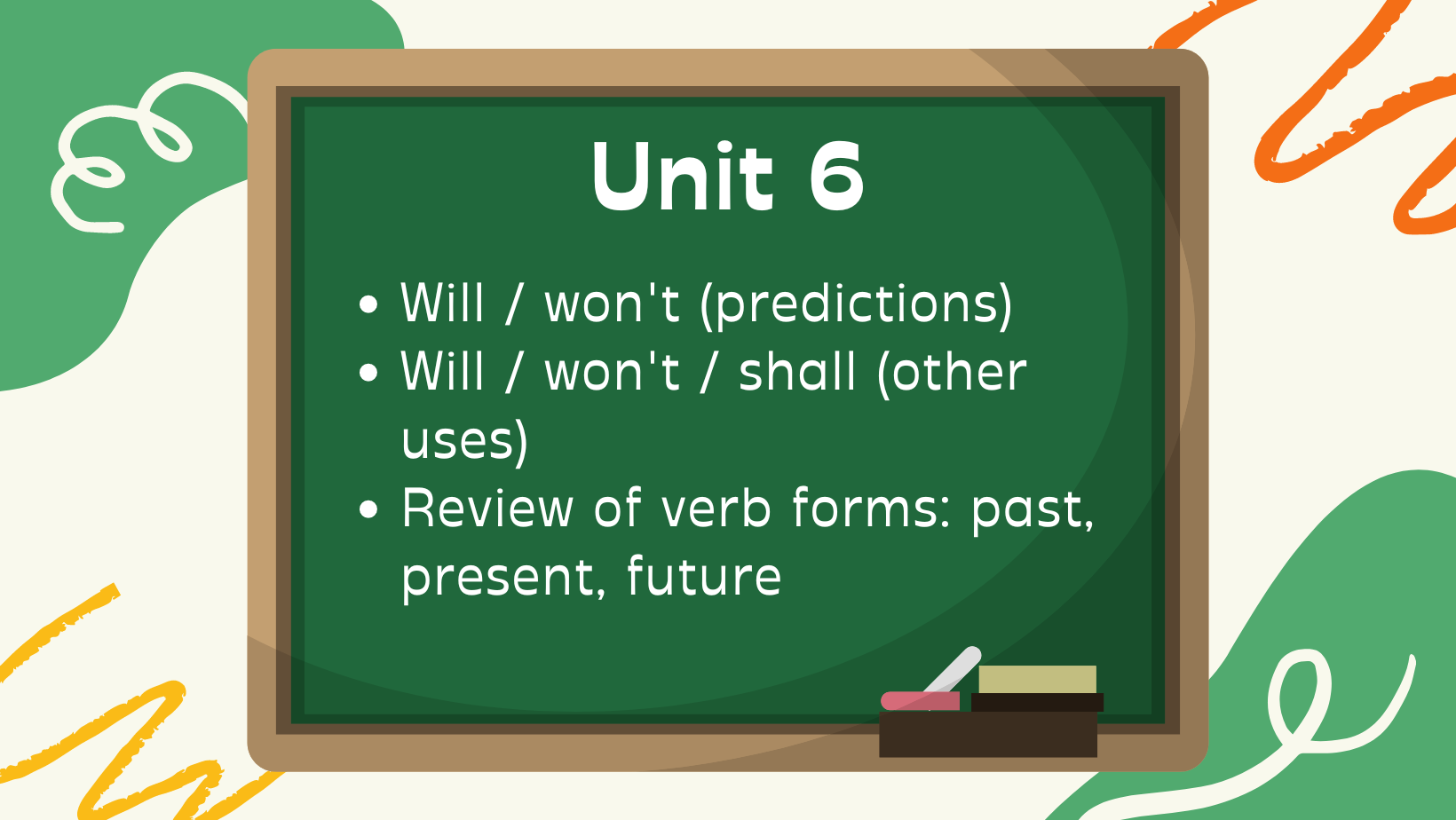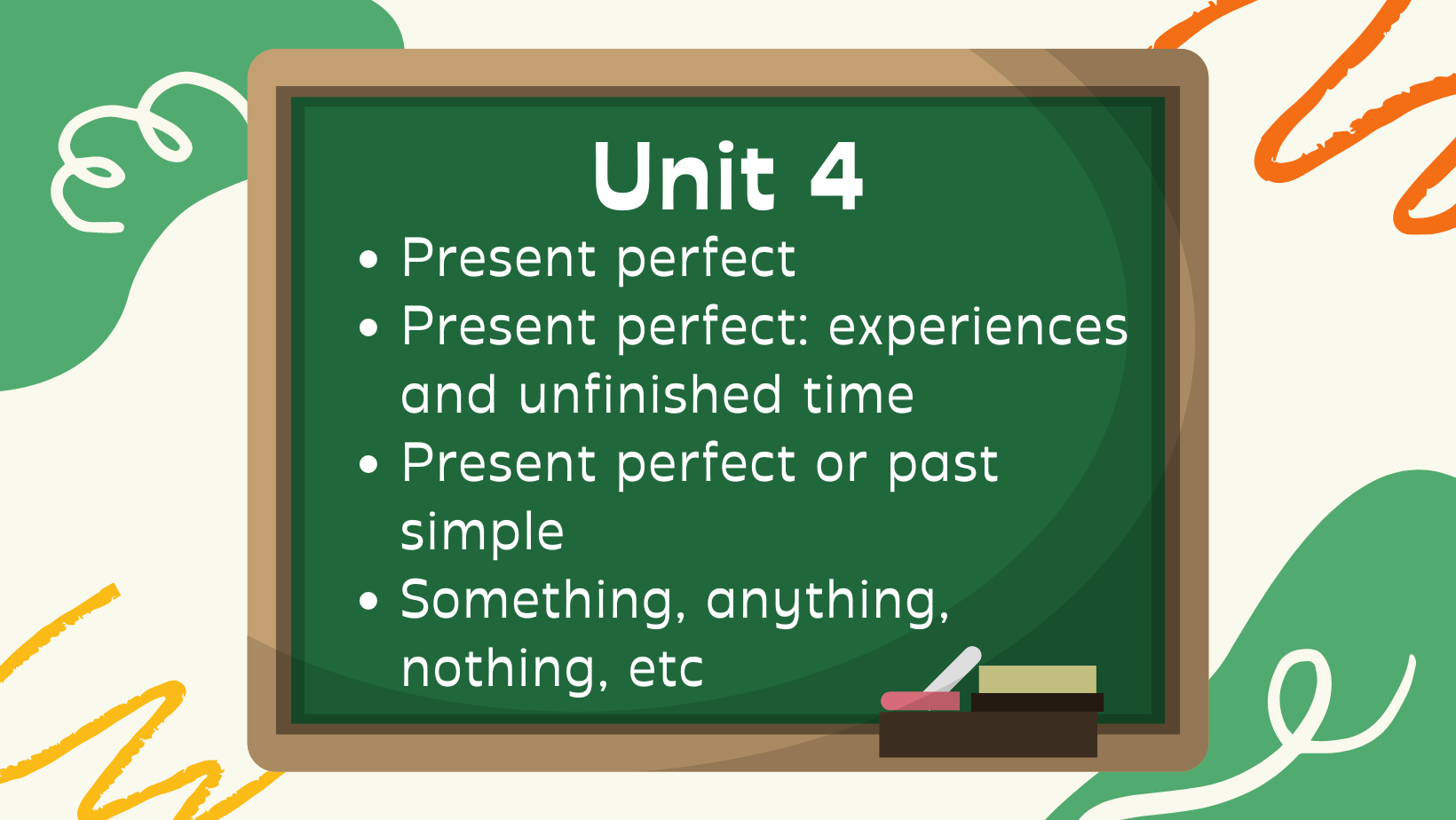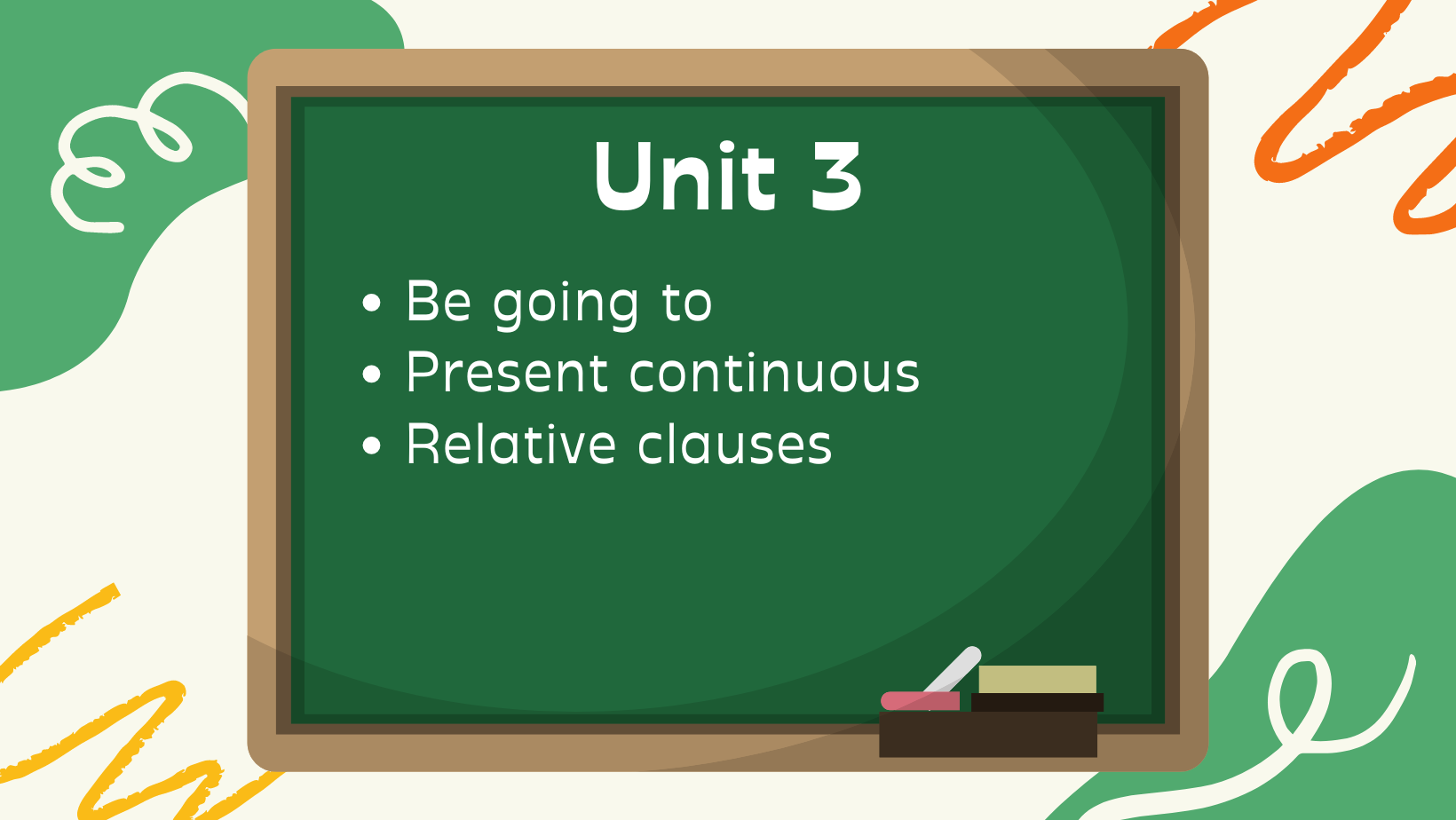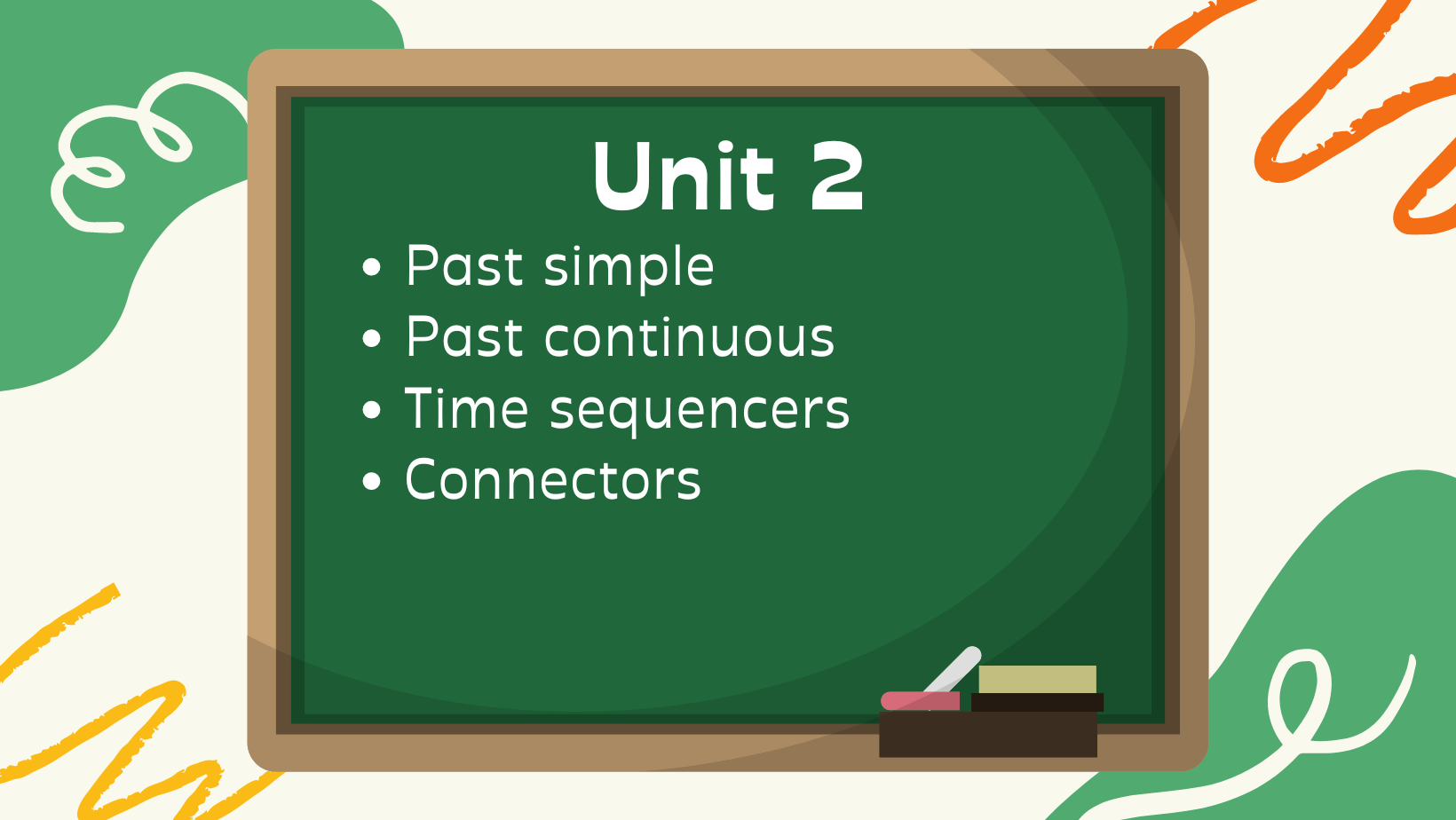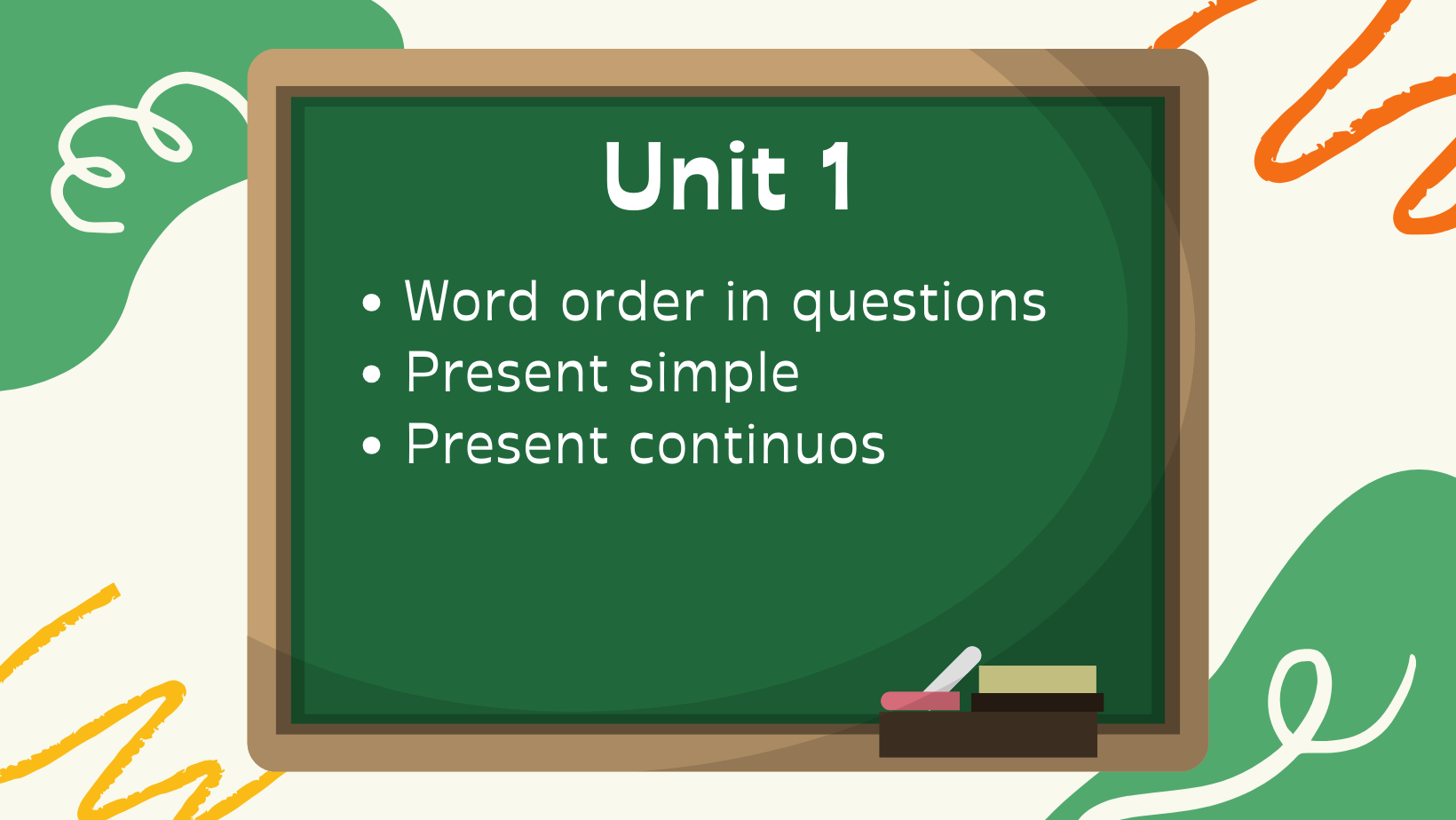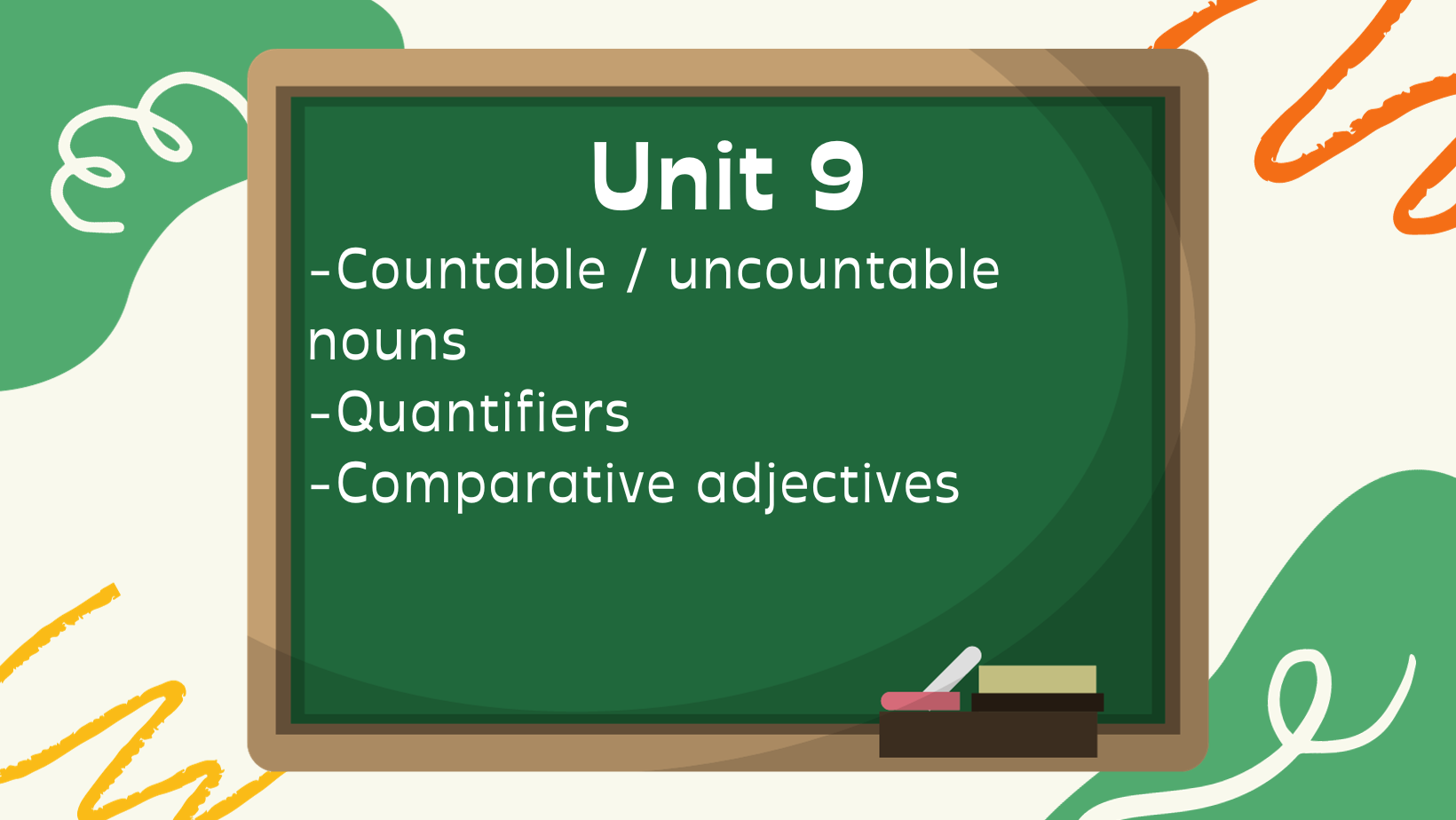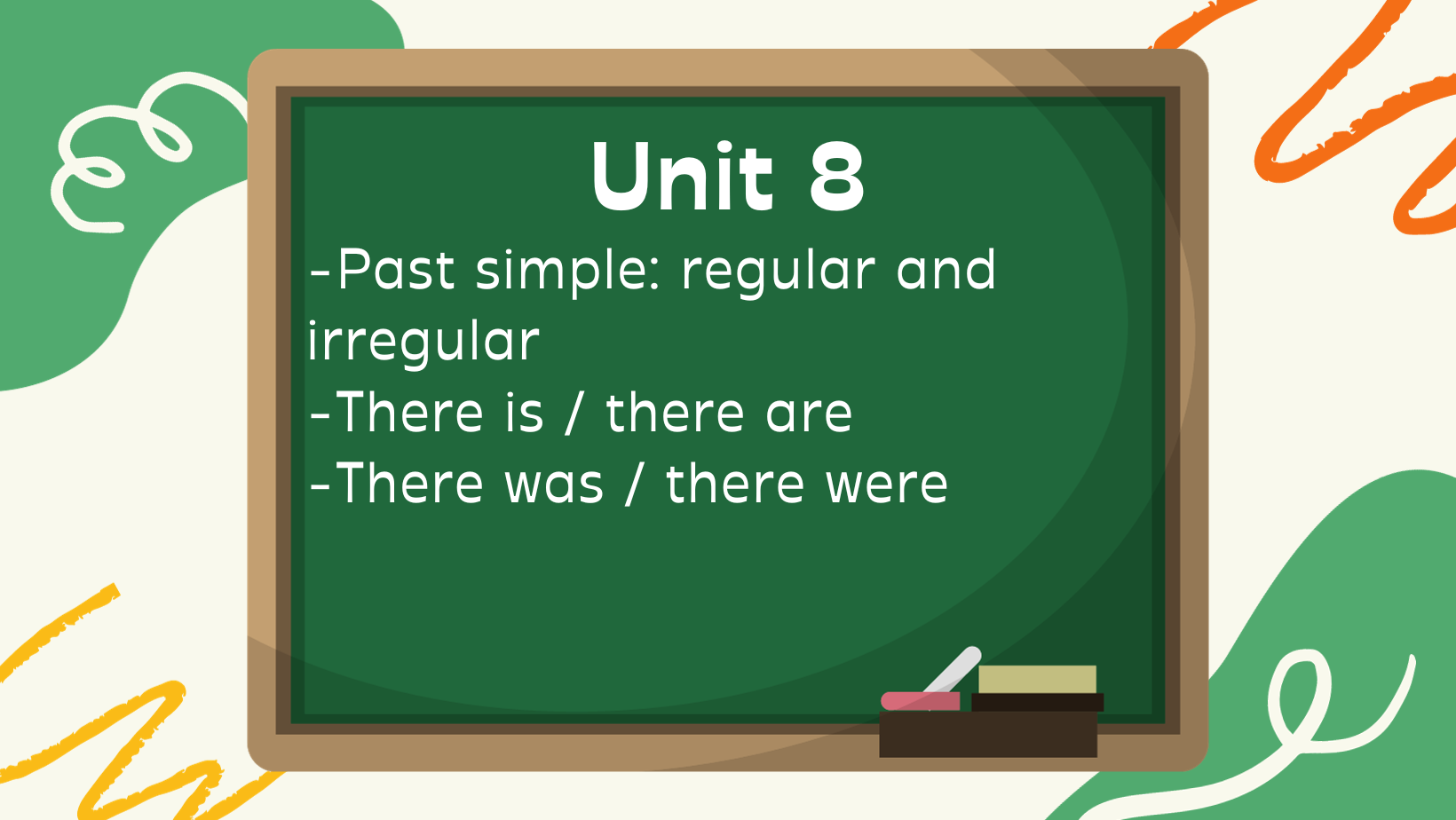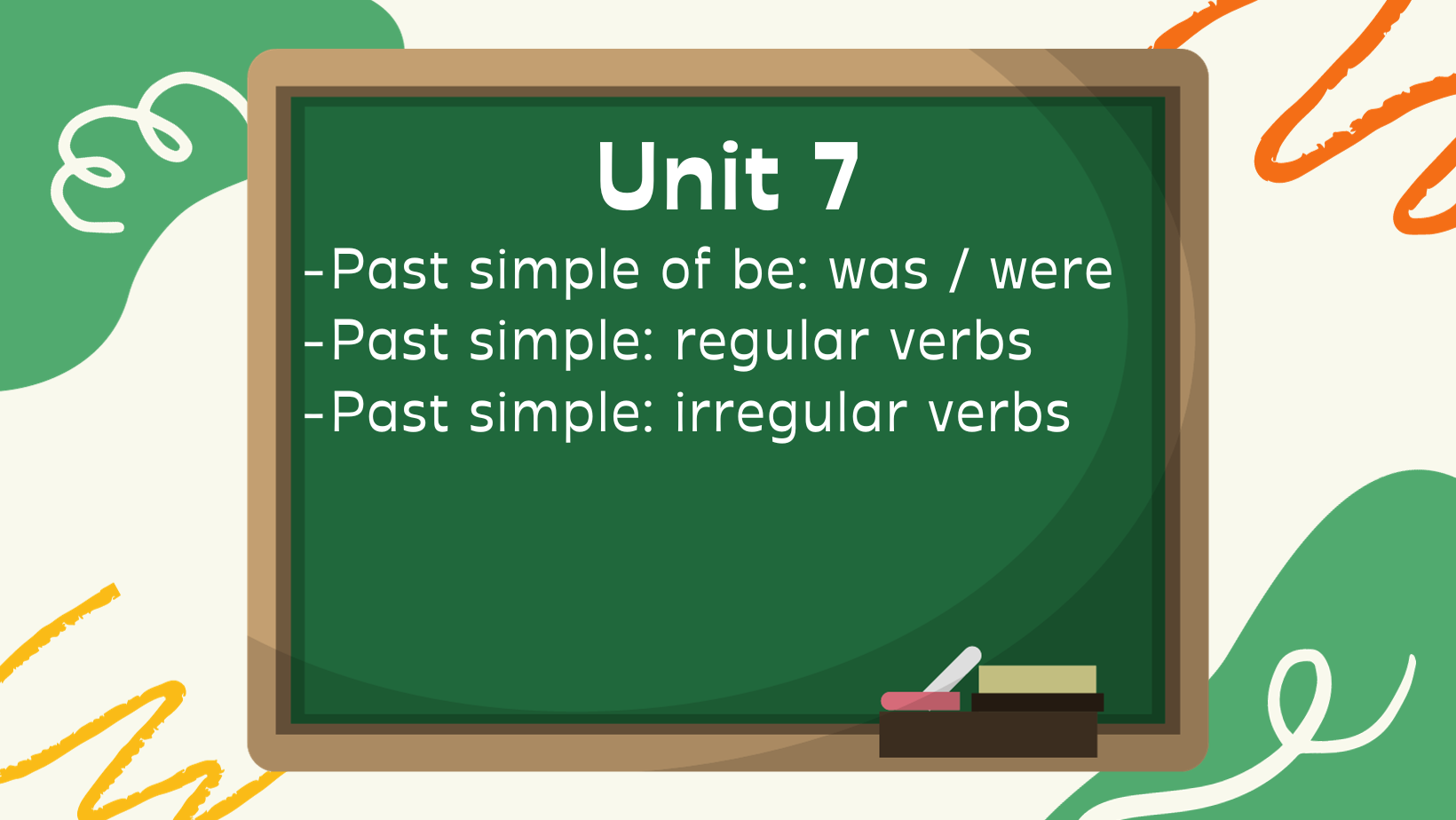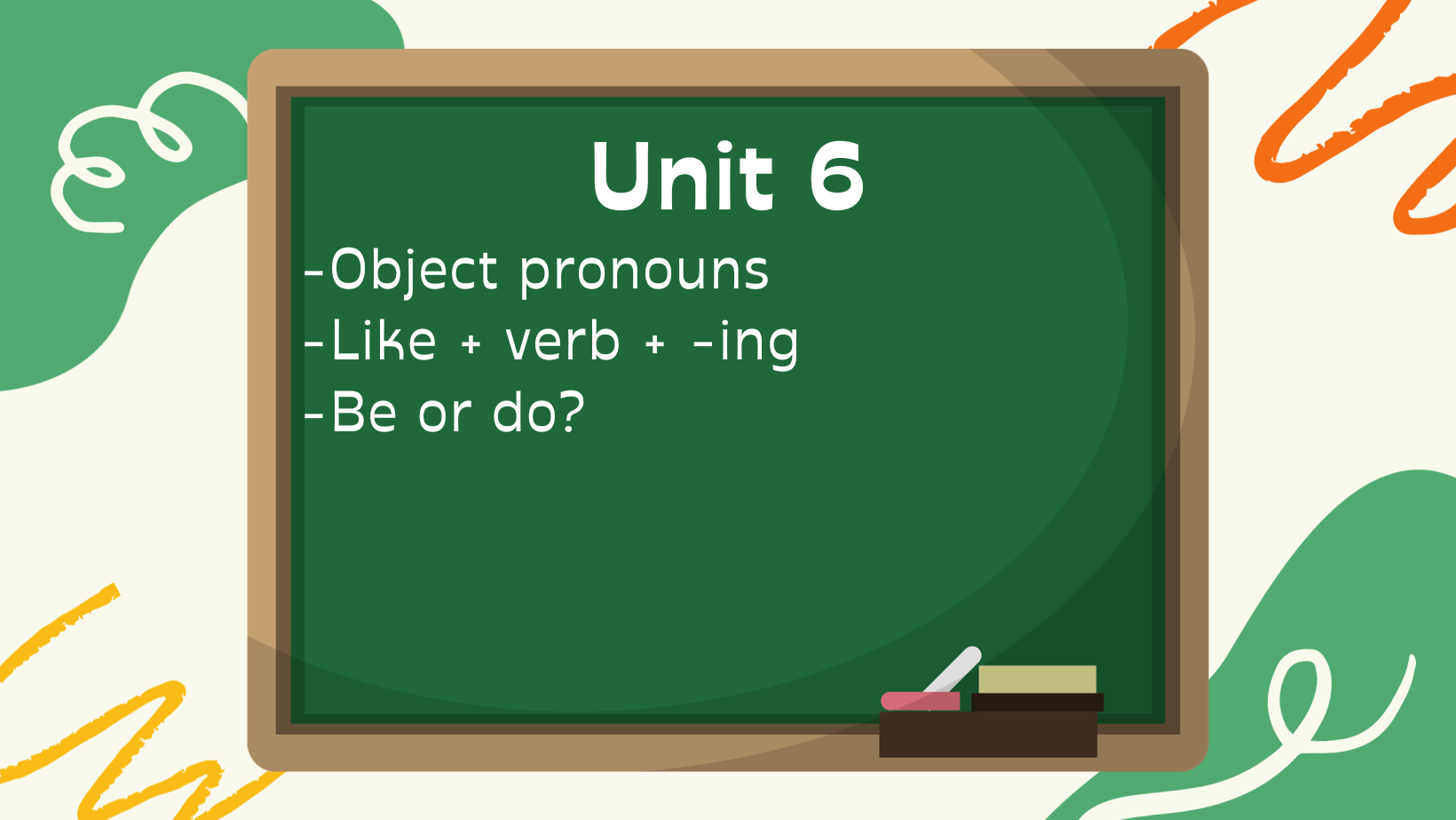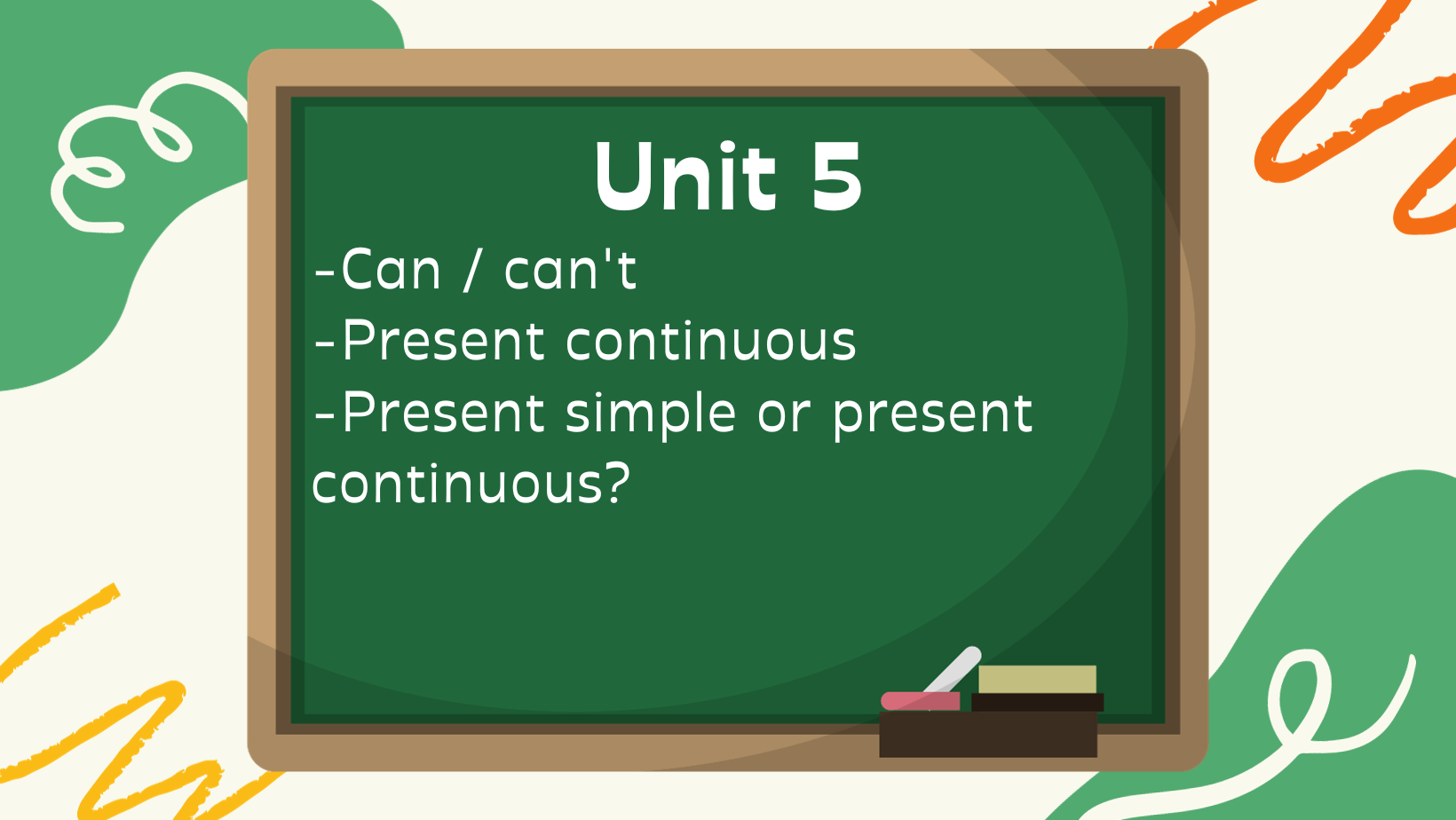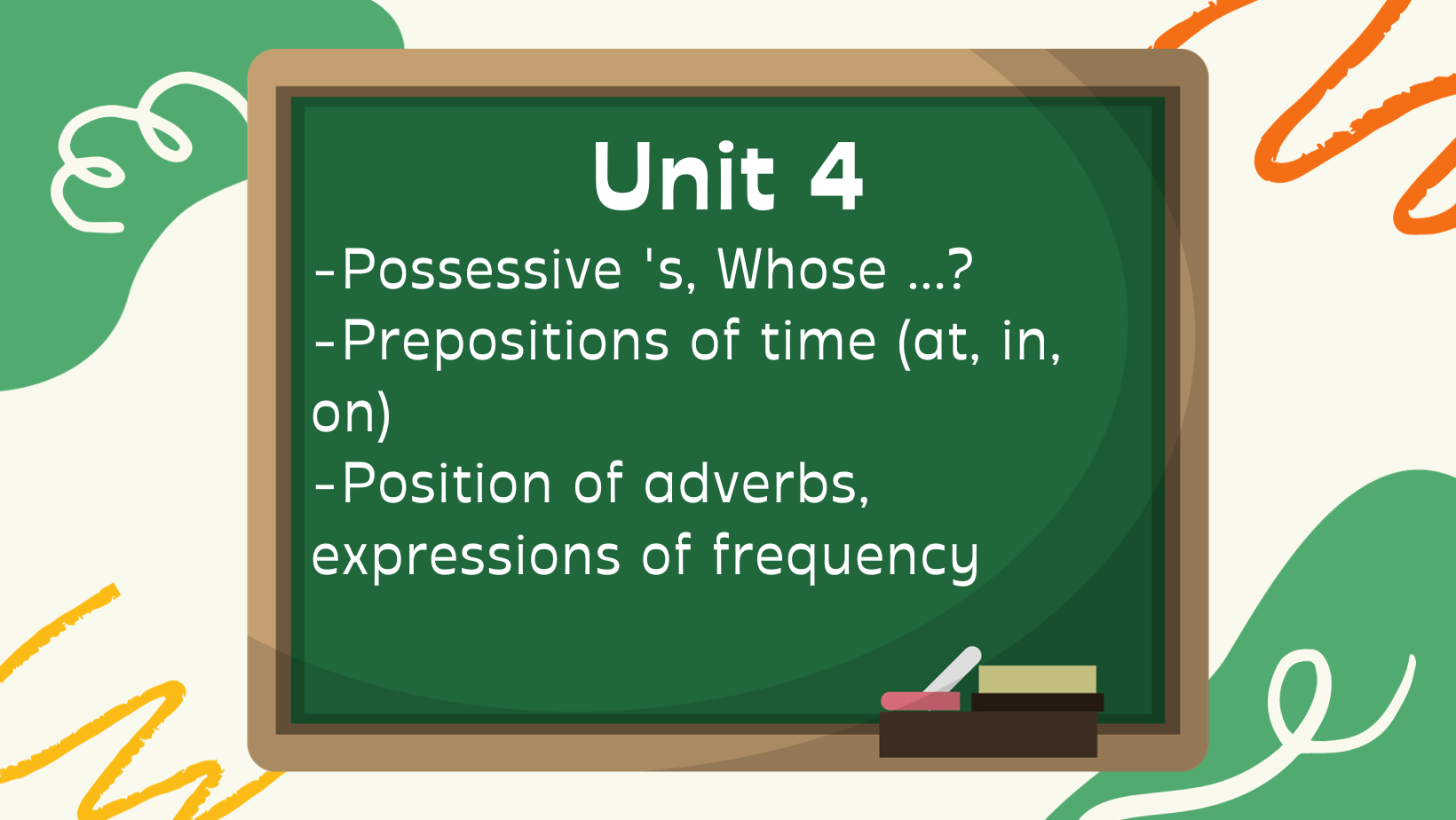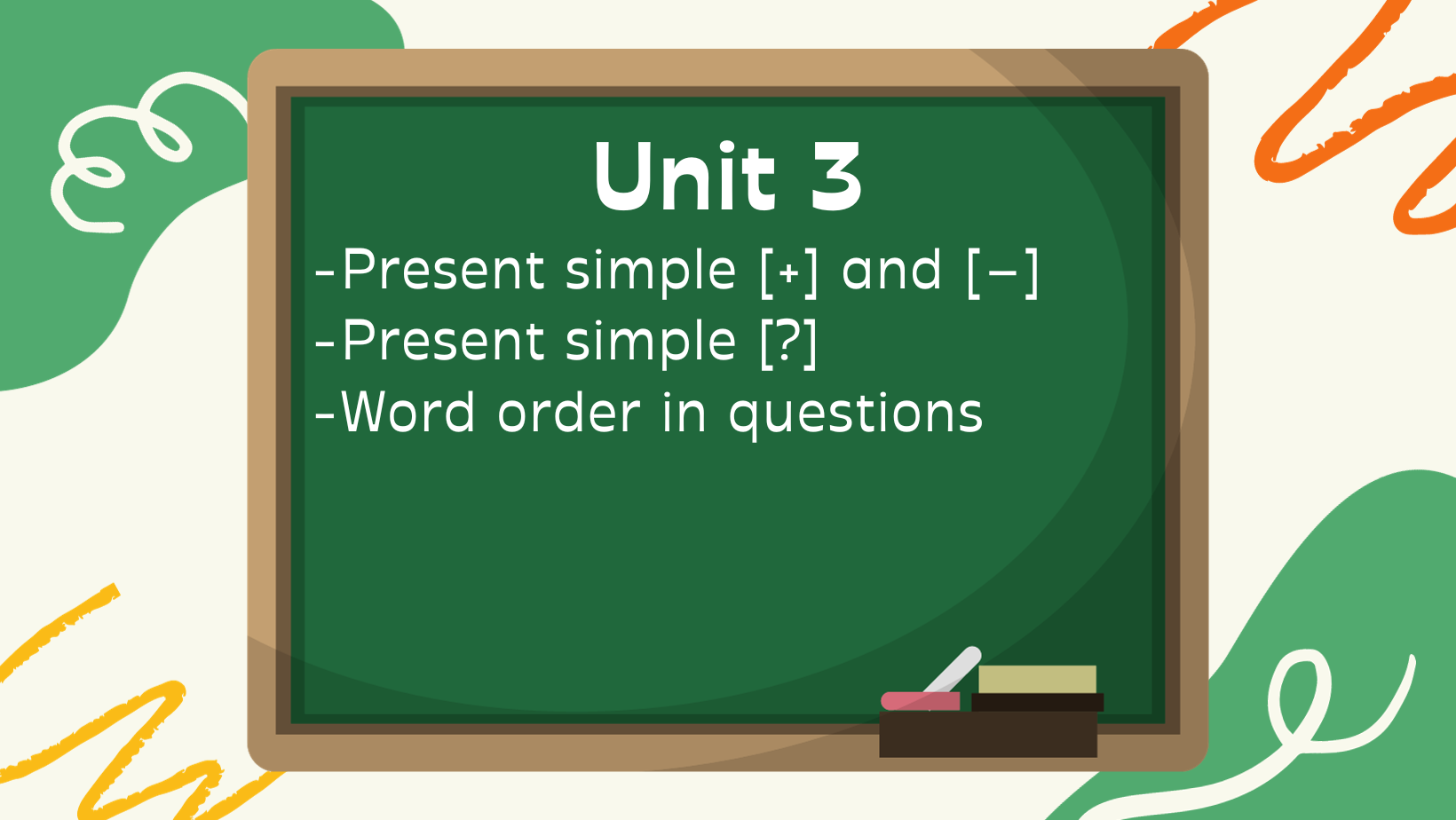Unit 10
Superlative adjectives
EXAMPLES
It's the oldest bridge in the world.
It's the most popular shopping street in Europe.
She's the best student in the class.
Monday is the worst day of the week.
FORM
- We use the + superlative adjective to say which is the (biggest, etc.) in a group.
- After superlatives we use in (not of) + places, e.g. the longest road in the world, the tallest building in New York.
SPELLING RULES
- one syllable adjectives: + -est or -st, e.g. old → the oldest, nice → the nicest.
- adjectives ending in one vowel + one consonant: double consonant + -est, e.g. big → the biggest, hot → the hottest.
- one- or two-syllable adjectives ending in consonant + y: change y to i + -est, e.g. dry → the driest, healthy → the healthiest.
- one-syllable adjectives ending in -ed: the most + adjective, e.g. bored → the most bored, stressed → the most stressed.
- two- or more-syllable adjectives: the most + adjective, e.g. famous → the most famous, expensive → the most expensive.
- irregular: good → the best; bad → the worst; far → the furthest.
Be going to (plans), future time expressions
EXAMPLES
I'm going to have a holiday next month.
I'm not going to study English.
Are you going to fly to Paris?
FORM
- We use be going to + verb (infinitive) to talk about future plans.
- We often use future time expressions with be going to, e.g. tomorrow, next week, next month, next year, etc.
Be going to (predictions)
EXAMPLES
I think it's going to rain.
You're going to be very happy.
I'm sure they're going to win.
FORM
- We can use be going to + infinitive to make predictions (= to say what you think or can see is going to happen in the future).
Lessons
